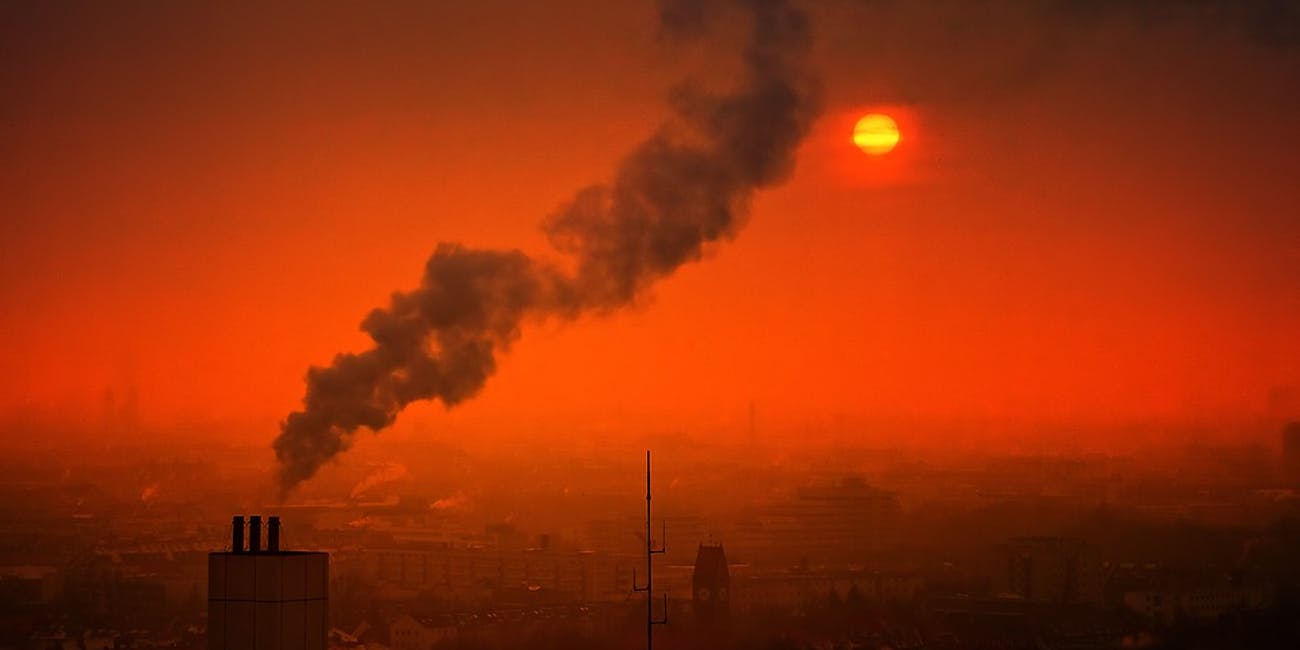
As someone who suffers from depression, I know all too well what could cause me to not be feeling well. Maybe I had a bad day. Maybe the weather just doesn’t match my mood. But when I heard that people tend to be less happy on days when the air is more polluted, I wondered about this correlation. Researchers, in general, have suspected that air pollution can take a psychological toll on people in general. I grew up in the country, so when we would visit family in the city, it had a physical effect on my father. His eyes would water, and he would cough a lot. So yes, I can see that it could have a physical effect on people, but how can it have a psychological effect as well? How does one measure that anyway?
Weibo, the Chinese version of Twitter is actually helping to demonstrate the effects. An international team of researchers analyzed posts that were made between March 1 and November 30, 2014 that were geotagged in 144 different Chinese cities. They used specialized semantic analysis software to gauge the sentiment expressed in each of these Weibo posts, and then developed a daily index on a scale of 1 to 100 for each of those cities. What is interesting is that Weibo users expressed significantly more happiness in their posts on days that featured good news, such as when Beijing hosted an Asia-Pacific Economic Cooperation meeting. They also expressed less happiness on days when there was bad news – such as the crash of the Malaysia Airlines flight 370. But this makes sense to me. Bad news makes people unhappy. How does this correlate to pollution?
The researchers gathered data on daily pollution levels in each of these cities and then put this information into equations to model how pollution affects the level of happiness expressed in social media posts. The details of these analyses are designed to maximize the likelihood of detecting causal relationships. The researchers analyzed Weibo posts in relation to a city’s overall air quality index (AQI), as well as a variety of individual pollutants. They focused especially on fine particulate matter, or PM2.5, which can harm lung health and is a particular concern for the Chinese public as indicated by searches on Baidu.com, China’s most popular online search engine. PM2.5 was the primary pollutant on 60 percent of high-pollution days during the study period.
When overall pollution as measured by the AQI declines by one standard deviation, the happiness index increases by 0.046 standard deviations. Similarly, a one standard deviation reduction in PM2.5 concentration is associated with a 0.043 standard deviation increase in the happiness index. Those happiness changes are roughly one-tenth the size of those observed during the three-day May Day holiday. That suggests the effect of pollution on happiness is modest but real.
All of this is very fascinating for me, as I’m trying to pull myself out of a depression. Could outside factors beyond the weather actually have that kind of impact on me? Ironically, I now live in that city that once made my father’s eyes water, so maybe the pollution is affecting me in a manner that I had not considered. With anything, I think it’s important to look at what else is going on and while I think this kind of study is fascinating, I think further research should be done on a much larger scale to really confirm the findings.

[…] post Could Air Pollution Have an Impact on Your Happiness? appeared first on Saintel […]